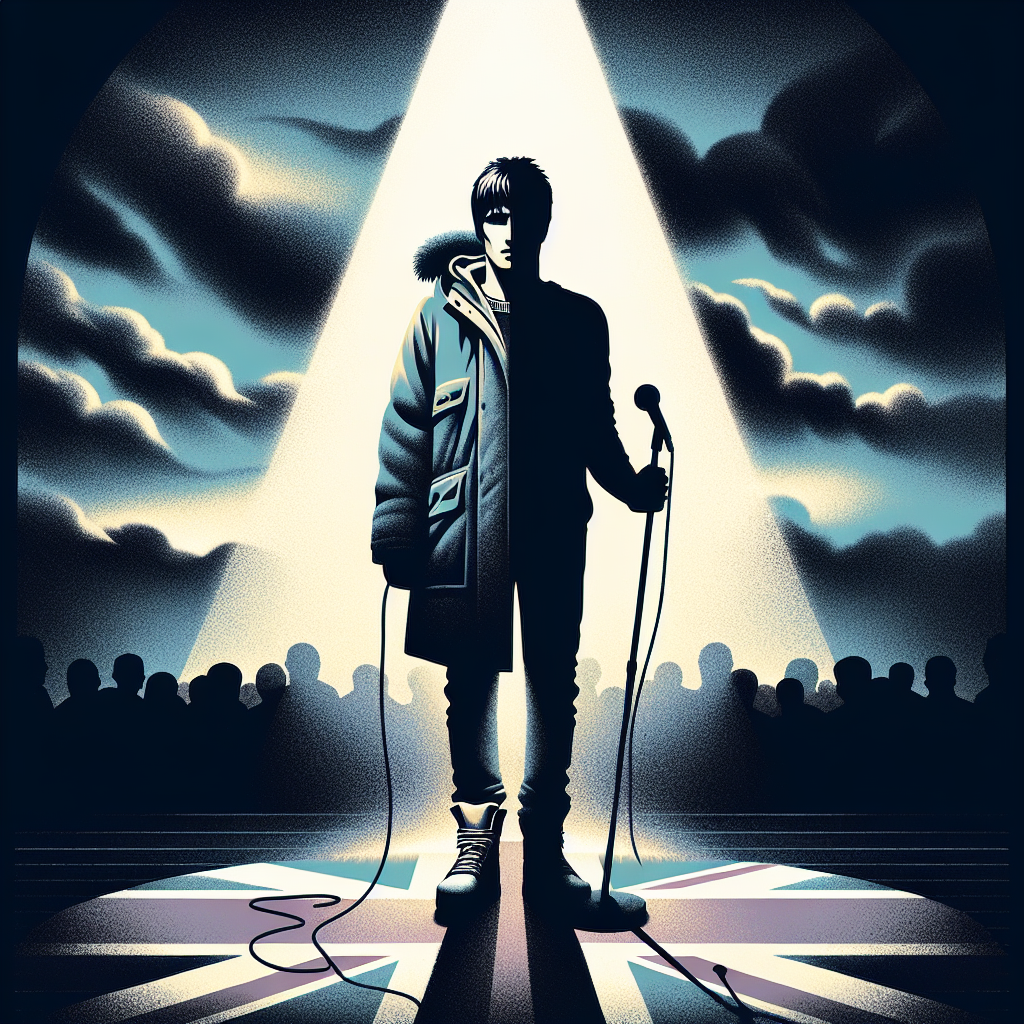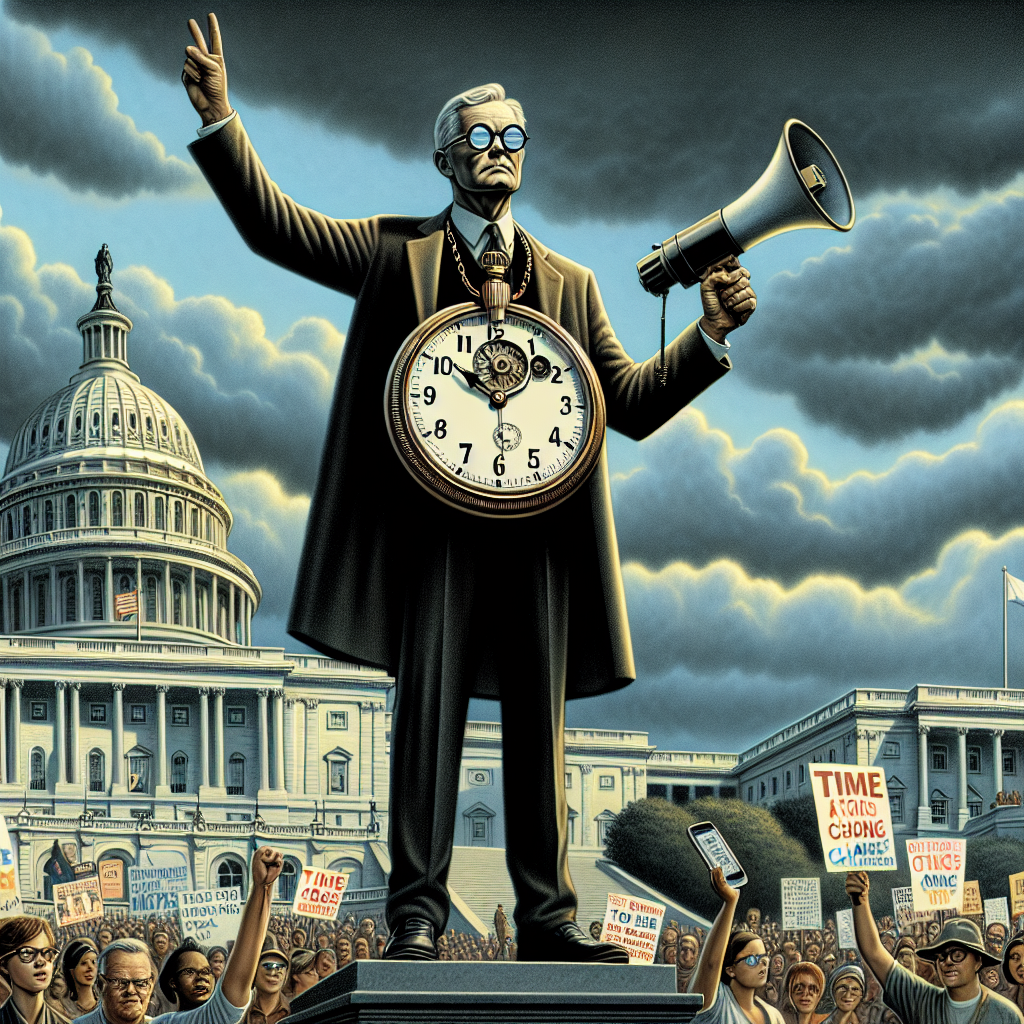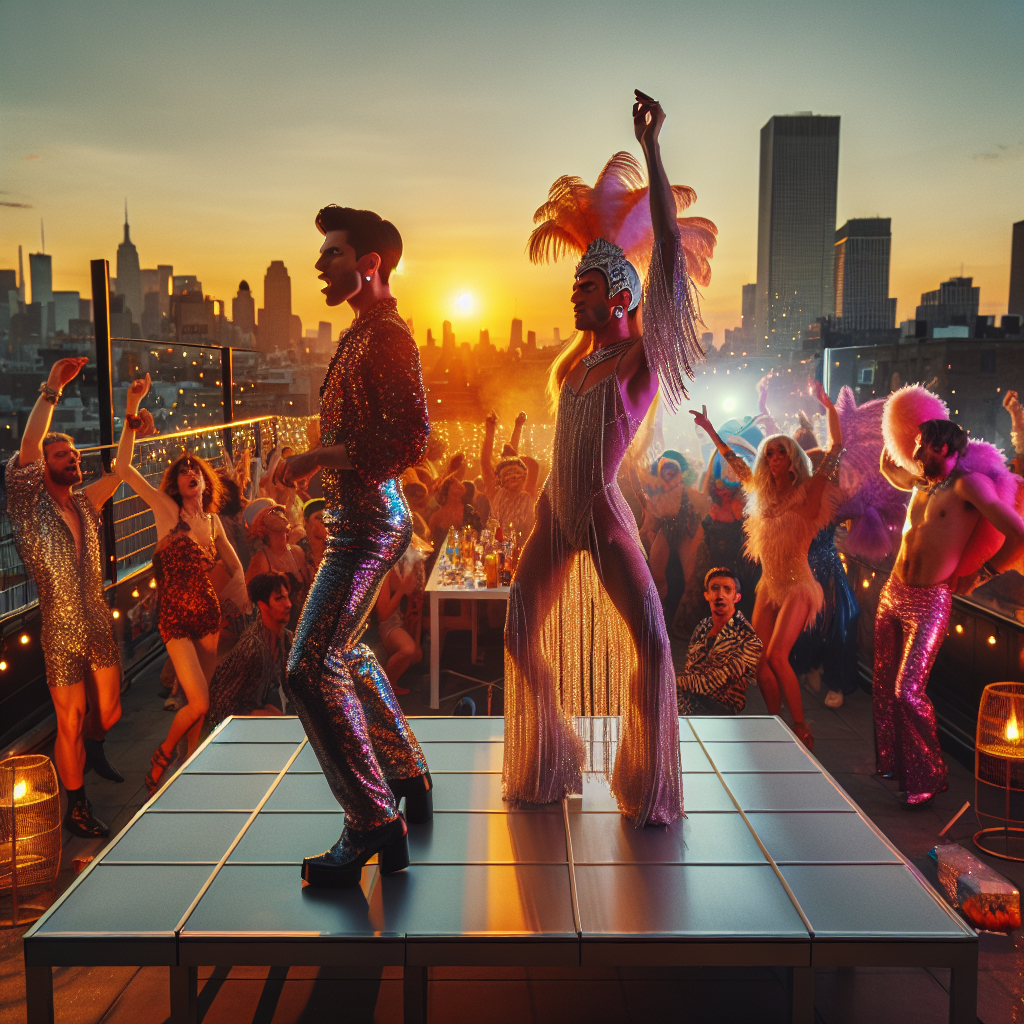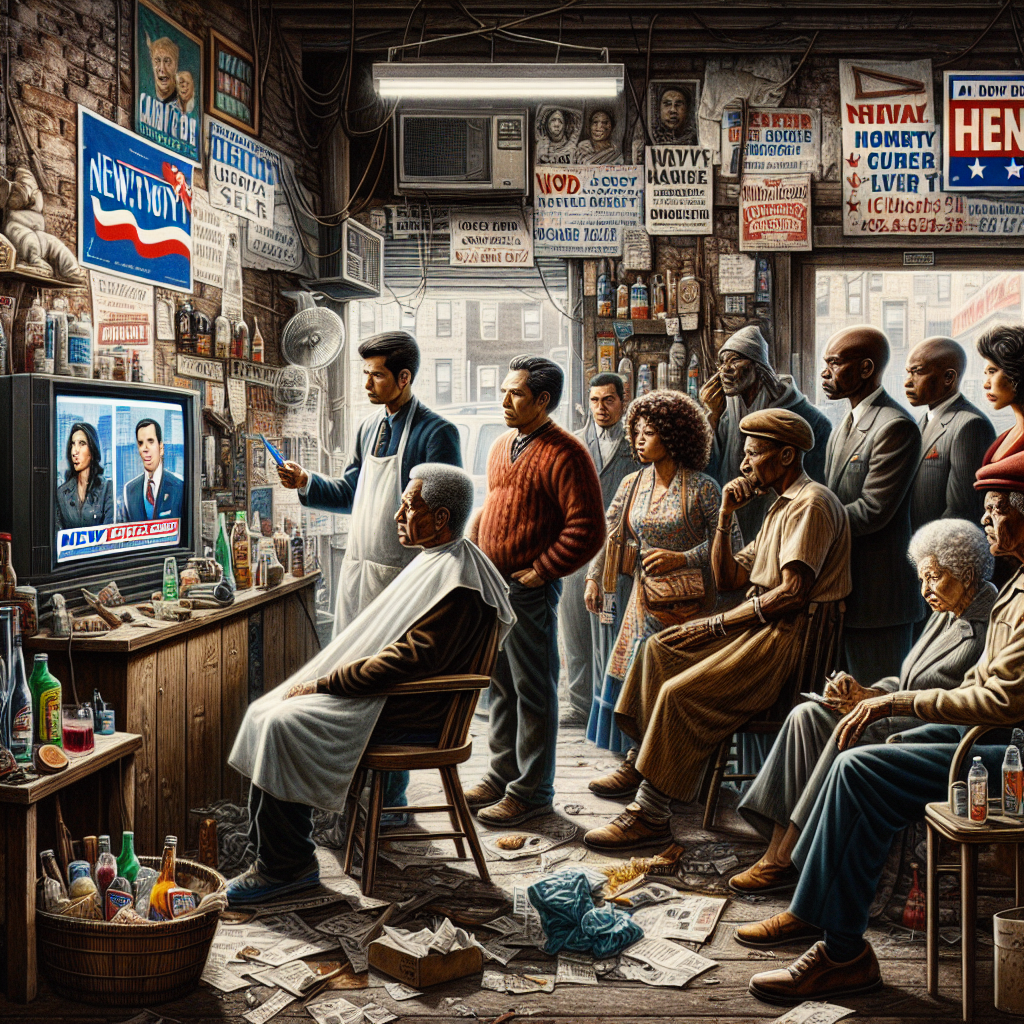Brace yourselves, culture creatures, because Mr. KanHey just moonwalked into a storm with thunder in his voice and glitter on his boots. The Union Jack is trembling, tea has been spilled, and not the earl-grey-for-royalty kind—it’s scalding hot.
Yes, you heard right, Liam Gallagher—rock’n’roll’s eternal spitfire, the lyrical pugilist of Britpop, part-time provocateur and full-time legend—has stepped into the eye of the cultural hurricane once again. But this time, instead of cocky swagger and iconic sideburns leading the charge, we got something unexpected: an apology.
Let’s rewind.
Just days before Oasis—the band that could turn pub fights into poetry—is set to unleash their long-rumored reunion tour (cue the seismic tremors from the global fanbase), Liam dropped a post on X (that’s Twitter’s after-party name, for those stuck in 2015) that lit up the internet like a flare in a warehouse of gasoline. The post contained a racial slur, the kind that doesn’t just miss the mark, it entirely nukes the map.
The backlash was swift, seismic, and split down cultural lines—Equal parts disbelief and devastation. Gallagher Nation found itself in a full-blown identity crisis. Could the mouth that birthed “Live Forever” really be speaking the language of ignorance?
Then came the twist. Gallagher, the one-man embodiment of North England defiance, took to the same public platform to pull a double take on his own legacy. He apologized. Flat-out. No onion-ringed sarcasm, no cryptic Mancunian shade.
“I’d like to apologize for the comment I made earlier,” he wrote. “It was offensive and wrong. I do not discriminate. Never have. Never will. Love is all I know, and music is my religion.”
Boom. A moment human, haunting, and heartbreakingly honest. And here lies the paradox: Can legends atone? Can the icons who helped shape our sonic DNA be both flawed and worthy? Forgiveness is murky when the cultural canvas is splattered with both genius and damage.
Here’s the tea-busting truth, my dazzling disciples of disruption: Liam has always walked the tightrope between brilliant and belligerent. He stomped into our lives in a parka, screaming liberation through nicotine-stained vocals. But fame freezes people. It traps them in the era they broke through, refusing to let them evolve without a fight. And this fight—this apology—isn’t just about one tweet. It’s about the larger battlefield of nostalgia versus now.
Have we deified rockstars too long for their bad behavior? Or is society finally asking its gods to grow up—or step down?
Let me be clear. Words matter. Words build worlds. And when someone with Gallagher’s platform unleashes slurs, no amount of Gallagher bravado can mute its impact. But the apology, coming not in the defensive sputter of a PR-drenched statement, but as a beat of vulnerability, suggests a man looking into the mirror and squinting against the blinding light of accountability.
Now comes the real test. Is this a PR detour or a point of personal revolution? The Oasis reunion is slated to be a cultural meteor, capable of both resurrecting a generation’s anthems and rewriting the playbook for what redemption looks like on a stage lit by scrutiny.
Culture doesn’t just evolve with sound. It evolves with souls willing to reckon with themselves… publicly.
So let this serve not as an elegy, but as a challenge. To Gallagher. To fans. To every cultural force willing to ride the lightning while holding a mirror.
The comeback was promised. The humanity was not. And maybe, just maybe, this new track starts with a note of accountability.
Dare to disrupt. Dare to grow. Because even rock gods need to rewrite their verses.
– Mr. KanHey










